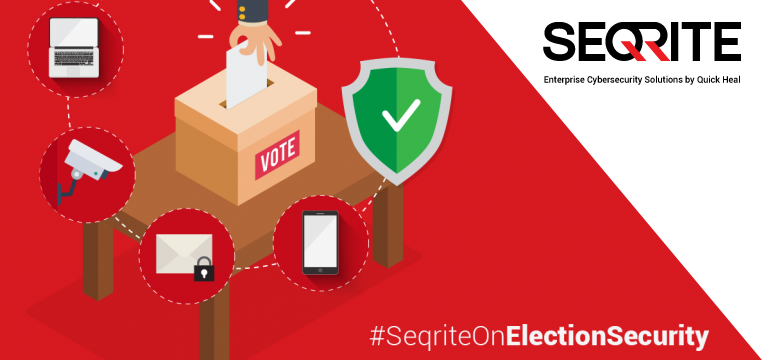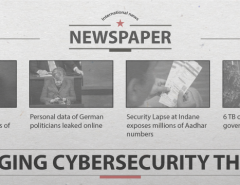The cornerstone of a democracy is voting. For any successful democracy to function properly, it is important to ensure that its people’s representatives are chosen fairly and justly. The obvious take-away then is that if voting as an exercise is so important for any democracy, the ones who actually cast their vote, the voters, are doubly so.
In theory, voting is a simple business. You go to a voting booth where you are presented with a choice of options in candidates, pick the one which appeals to you the most and vote for them. The most popular candidate wins the election. Sounds all good and proper, right? If only.
The age of the smart voter
This is the age of smart-everything. From phones to cities to railways to cars, there’s hardly anything which is not prefixed with the “smart” tag. And voting is no different. With millions and billions of people logging on to the Internet every day, politicians have realized that the bulk of their voting populace is on the Internet. And obviously, there is no better way to capture them than go online.
Unfortunately, that is where things have become murky. Political campaigns have often relied on misinformation and at times, blatant fake news to attract voters. The Cambridge Analytica scandal was an important example. Using data collected of thousands of Facebook users, specific ads were showcased to targeted users before the 2016 US Presidential Election. There were thousands of Russian-linked advertisements on Facebook often spreading divisive agenda.
Murky political campaigning
There was also the hacking of emails from the Democratic National Convention which is also a part of the tactic of manipulating voters. Another common tactic which is a part of this strategy is spreading fake news, whether in the form of tweaking a new report or deliberately spreading lies.
It’s obvious then that any average user on the Internet and especially on social media has to be extremely vigilant. Some political parties pump in huge sums of money on digital campaigns to sway voters on their sides. Sometimes, the campaigns may not always rely on facts – they can spread hatred, fake news, peddle conspiracy, all to win a vote. The rhetoric can get angry and heated, even leading to real-life violence.
Stay smart
How do you remain a smart voter and not become a target of these campaigns? Well, the very first step is awareness of what is happening. Once you are aware of exactly the tactics of manipulation, then you can stay one step ahead. In particular:
- Do not believe anything you receive or see on social media. Check it from different sources, especially good ones, and only then make up your mind on it.
- On no account, should you forward a message you receive which talks about information you are not sure of.
- If you find accounts propagating fake news, report them immediately using the options provided on social media.
- Do not trust information because it ties in with your own views and opinions. Keep your logic in place and ensure that you don’t get trapped into the fake news ecosystem.
- Do your proper, informed research before deciding to vote. Don’t get swayed by what the candidates are telling you, which often gets amplified by their supporters on social media.
- Be very careful of how you participate on politics related issues on social media. There are often innocuous pages which subtly propagate political information which can immediately not be recognized. Be aware and try to spot any kind of political inclination.
- Ultimately, you are a number, part of a large lot, which is being tracked and analyzed through data. So keep your digital footprint as less as possible.
With elections coming up in major democracies around the world in 2019, it is even more important that voters remain smart and make informed decisions about their voting choices.
Seqrite is the enterprise security brand of Quick Heal Technologies Ltd., which offers
world-class enterprise cybersecurity solutions.
This is the last article in the #SeqriteonElectionSecurity series. We hope you enjoyed reading these articles. Subscribe to our bloghttps://bit.ly/2UBbb2T for latest trends and updates from the world of cybersecurity.




